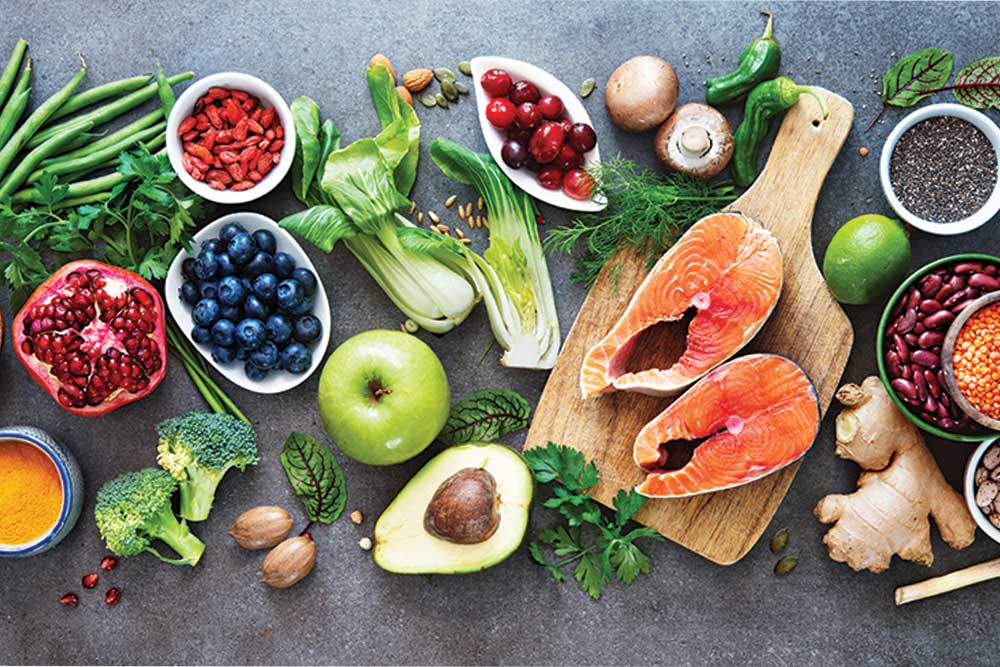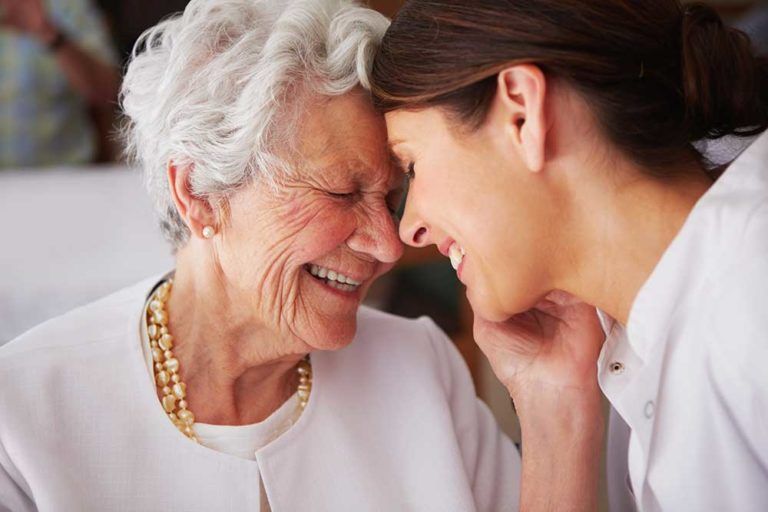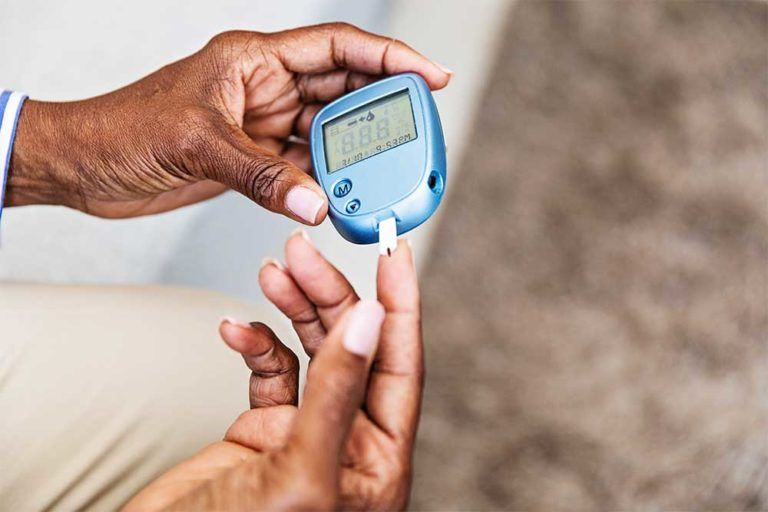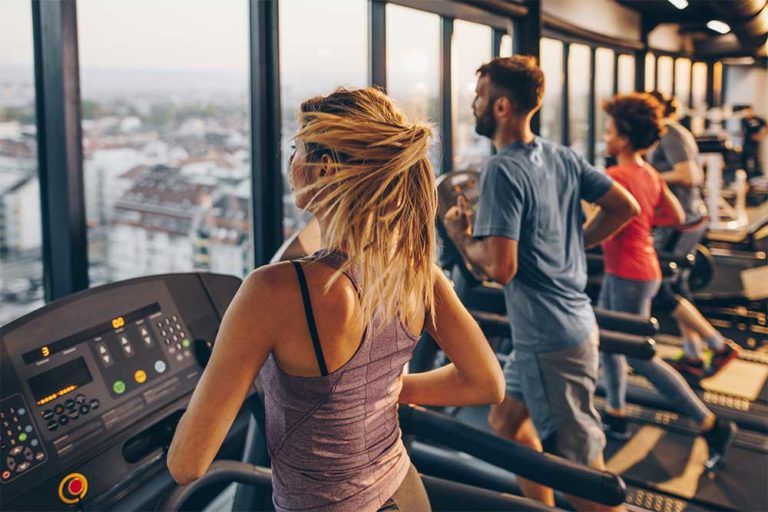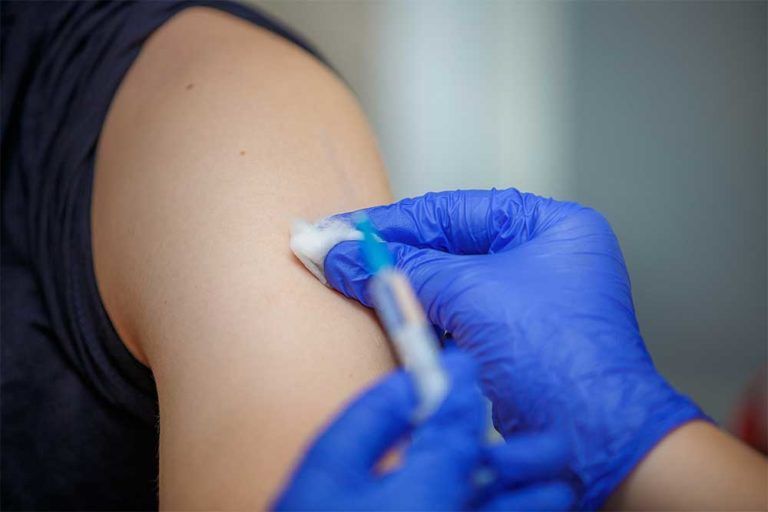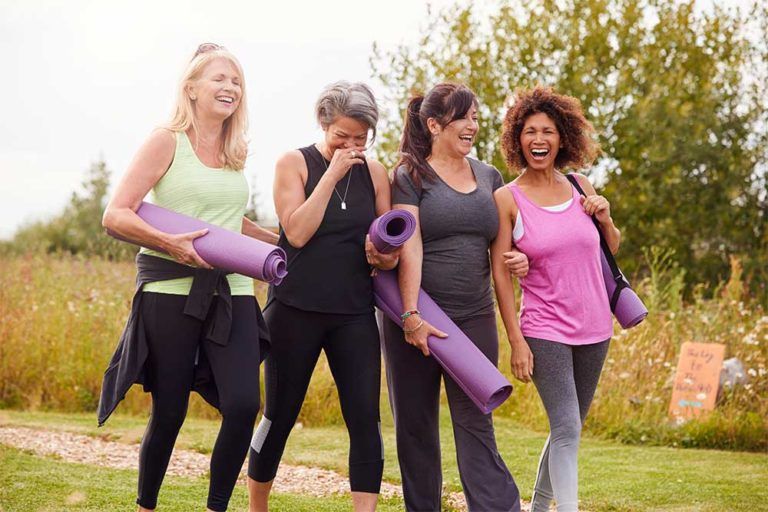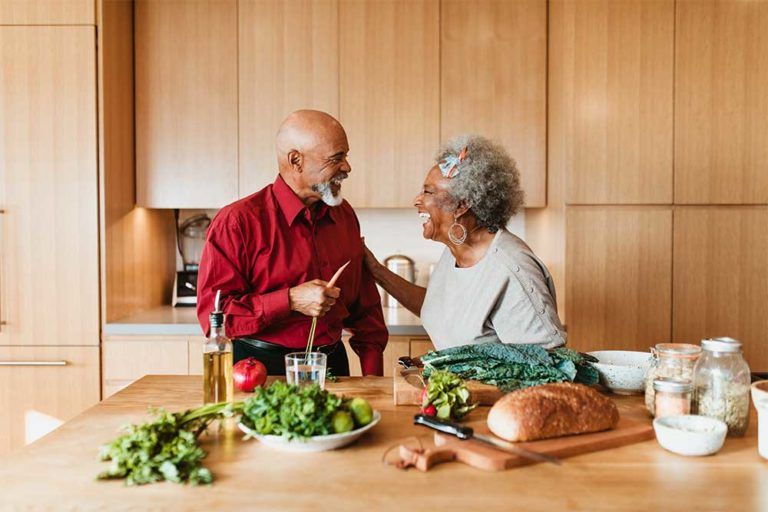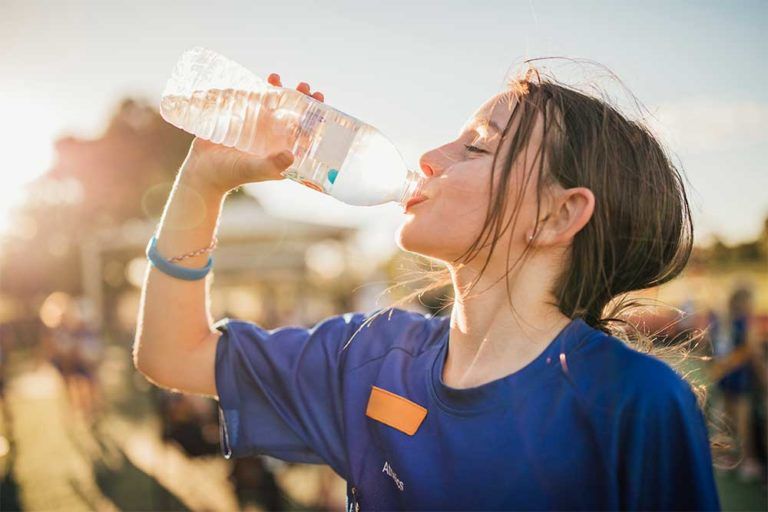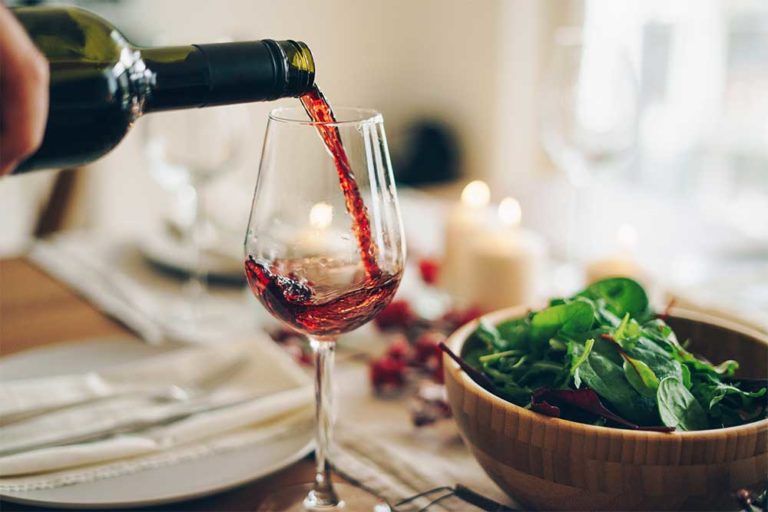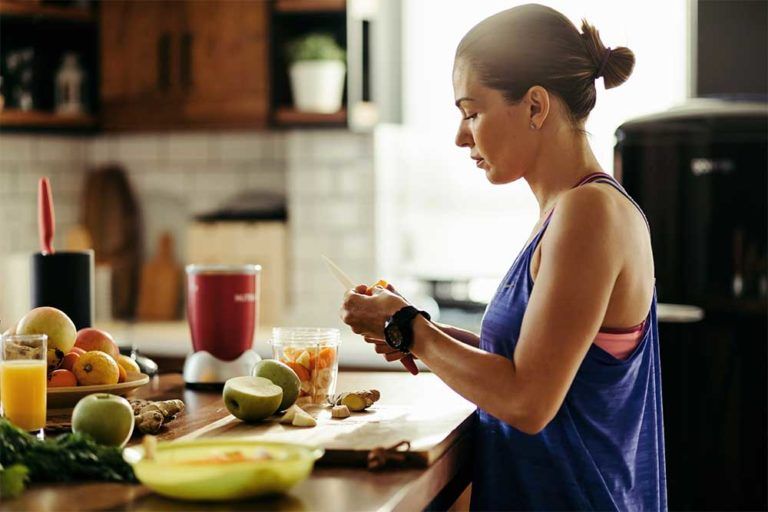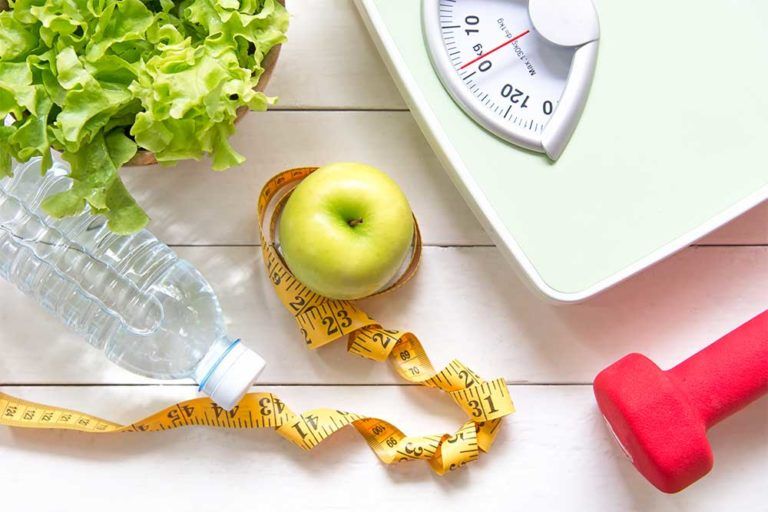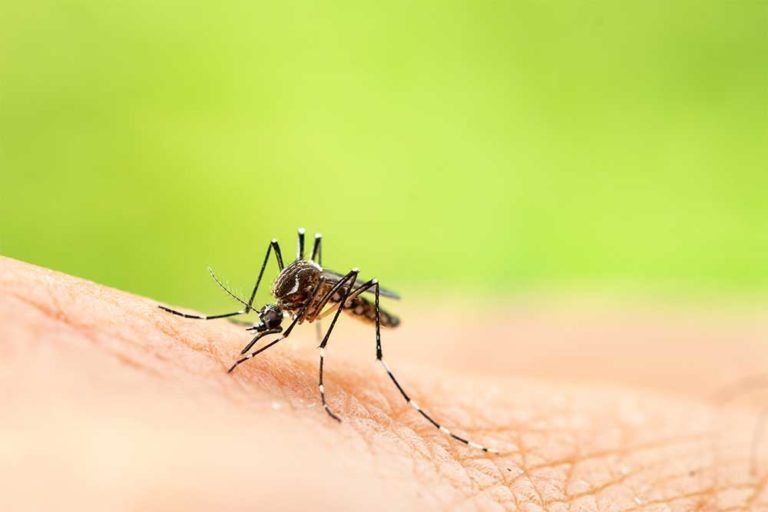When it comes to food, plenty of people will tell you to eat healthy. That’s great advice.
The only problem is deciding which foods are healthy and which are not. You might want to sort out the specifics with your physician or a dietician, but the following foods are generally accepted to be healthy choices.
- Acai juice. These contain anthocyanin, which boosts the quantity of antioxidants in your blood.
- Apples. Do you want to reduce your risk of lung cancer? An antioxidant called quercetin, found in apples, can help.
- Asparagus. It contains vitamin K, folate, and is also a natural diuretic to cure bloating.
- Avocados. These have healthy fat that will help your body absorb other nutrients and will also help you feel satisfied by less food.
- Baked potatoes. If you’ve heard these are bad for you, then you ought to know that the only unhealthy thing about baked potatoes is loading them down with butter and sour cream. They have potassium, which can lower your blood pressure. Better yet, they have more potassium than a banana does.
- Bananas. These contain healthy starch and fiber.
- Barley. It contains beta-glucan, which is a fiber. Beta-glucan lowers cholesterol, and that helps you keep your blood sugar under control.
- Black beans. These have protein, fiber, and flavonoids. (Flavonoids are antioxidants that help arteries stay pliable and relaxed.)
- Blackberries. These have more antioxidants than blueberries, cranberries, and strawberries.
- Blueberries. These protect your brain from inflammation and help brain cells communicate more effectively with each other.
- Bok choy. It protects your bones with its calcium and might lessen PMS symptoms.
- Bran flakes reduce inflammation and belly fat.
- Brazil nuts. One nut will give you as much selenium as you need in a day.
- Broccoli sprouts. These contain more glucoraphanin than broccoli. Glucoraphanin prevents cancer.
- Brown rice. It contains magnesium, which is involved in 300 different chemical reactions inside your body such as building bones and changing food to energy.
- Brussel sprouts and cauliflower. These two vegetables both contain glucosinolates, which are compounds that detoxify the body and fight cancer.
- Canola oil. It has two different forms of vitamin E and alpha-linolenic acid.
- Collard greens. These contain vitamins A, B, C and K, zeaxanthin, and lutein, which are important for the health of your eyes. (source)
- Dried plums. These have polyphenols, which stimulate bone-building cells. That means denser bones.
- Dried tart cherries. The anthocyanins they contain can lower cholesterol, control blood sugar, and reduce insulin.
- Edamame. These give you protein, fiber, folate, and phytosterols.
- Eggs. Each one has six grams of protein and 72 calories.
- Fat-free milk. This is a good source of calcium, vitamin D, and protein.
- Flaxseed. It contains omega-3s and lignans. The lignans prevent ovarian cancer and endometrial cancer.
- Grapes. These contain resveratrol, which helps to keep your heart healthy. Eat grapes instead of drinking wine and you get all the benefits of alcohol with none of the drawbacks.
- Greek yogurt. If you are going to eat yogurt, Greek yogurt has twice as much protein as regular yogurt.
- Kiwi. This fruit can reduce wheezing caused by asthma because of the vitamin C in it.
- Lentils. This meat-free protein also provides you with folate, a B vitamin that can prevent a baby from being born with neural-tube defects.
- Mustard greens. They make a great pesto and they contain lots of vitamin K.
- Olives. The oil in olives is monounsaturated, which is good for you.
- Oranges. They contain vitamin C, calcium and folate.
- Oysters. These are good for your immune system because they contain, iron, zinc, and selenium.
- Peanut butter. The arginine in it is an amino acid that is good for your blood vessels.
- Pumpkin. Canned pumpkin has alpha- and beta-carotene, both of which fight cancer.
- Salmon. Just three ounces can give you as many omega-3s as you need.
- Sardines. These are a good source of vitamin D and omega-3 fats.
- Scallops. For three ounces, you get 14 grams of protein and only 75 calories.
- Shitake mushrooms. Eat a fourth of a pound, and you’ll get as much vitamin D as you’d get from drinking a glass of milk.
- Soy milk. This contains protein and, when it has been enriched with calcium, it has as much calcium and vitamin D as milk from a cow.
- Spinach. Half a cup has five times as much vitamin K as you need. Vitamin K builds strong bones and helps your blood clot (that is, it will prevent too much blood loss when you get a cut or injury).
- Steel-cut oats. They are less processed than regular oats, and your body digests them more slowly to keep you satisfied longer.
- Strawberries. These contain phytochemicals called ellagitannins. Scientists think they might stop cervical and colon cancers from growing.
- Sunflower seeds. These are rich in vitamin E.
- Sweet potatoes. These have vitamin A, which helps your immune system and protects your eyes.
- Tea. Choose green or black: they both keep your arteries from hardening.
- Tomato sauce. It has lycopene, which can reduce the risk of having a heart attack and keep your skin looking youthful as well.
- Turkey breast. A three-ounce serving gives you 20 grams of protein for 90 calories.
- Walnut halves. The alpha-linolenic acid in walnuts improves memory and coordination. Eat seven halves and you will have a little more than your daily dose.
- Watercress. It gives you vitamin K, zeaxanthin, lutein, beta-carotene, and phytochemicals that fight cancer.
- Wheat germ contains vitamin E and selenium. The selenium boosts your immune system.
- Whole wheat English muffins. Each one has 4.5 grams of fiber, but only 134 calories.
By eating plenty of fruits, vegetables, and whole grains, you’ll be doing your body a lot of good. And although the list above does include seafood and turkey, most items listed are plant based. Research has shown that eating no meat or less meat is a healthy, environmentally friendly and sustainable lifestyle you can adopt with confidence.

